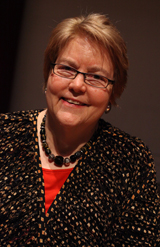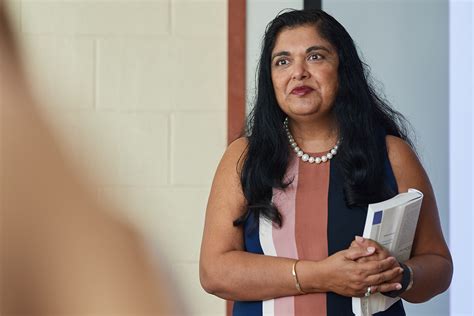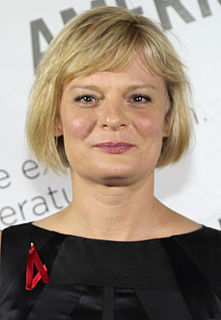A Quote by Zainab Salbi
I have come to understand that in order to effectively advance women's rights, we need to galvanize a global women's movement.
Quote Topics
Related Quotes
In less than a century we experienced great movement. The youth movement! The labor movement! The civil rights movement! The peace movement! The solidarity movement! The women's movement! The disability movement! The disarmament movement! The gay rights movement! The environmental movement! Movement! Transformation! Is there any reason to believe we are done?
Personally I get so much of my inspiration from women in other countries, so I don't feel like American women are the leaders and I don't agree with the notion that Americans can accomplish more or do more. But I do think that what we can uniquely do here in America is mobilize and galvanize a lot of these ideas and resources. It's a war of ideas. We, Islamic women, are very well supported in this country by institutions, academic and nonprofit, that are already in the field endorsing women's rights and tolerance. The women in other communities have been the pioneers in this work.
I think in a society where you can't even pass the Equal Rights Amendment, it's very difficult to women make a progress. Incidentally, we are exactly 160 years after the very first women's public rights convention in Seneca Falls, New York, when a handful of women started it all and began the movement to make women equal.
Women need to take charge of their lives and be as dynamic and active as they can be. I know that some people feel that there's a negative connotation to the notion of feminism like it has some hidden and ugly undercurrent. But that's ridiculous. My mother was a feminist and she was very politically-minded and always anxious to defend women's rights and advance a lot of social issues for women.
I still don't understand why you don't mention the family charitable foundation, the Clinton Global Initiative. The Clinton Global Initiative is actually like a Morning Call for women all over the world. When the Clinton Global Initiative comes, that's a signal to women all over the world to come to New York.




































